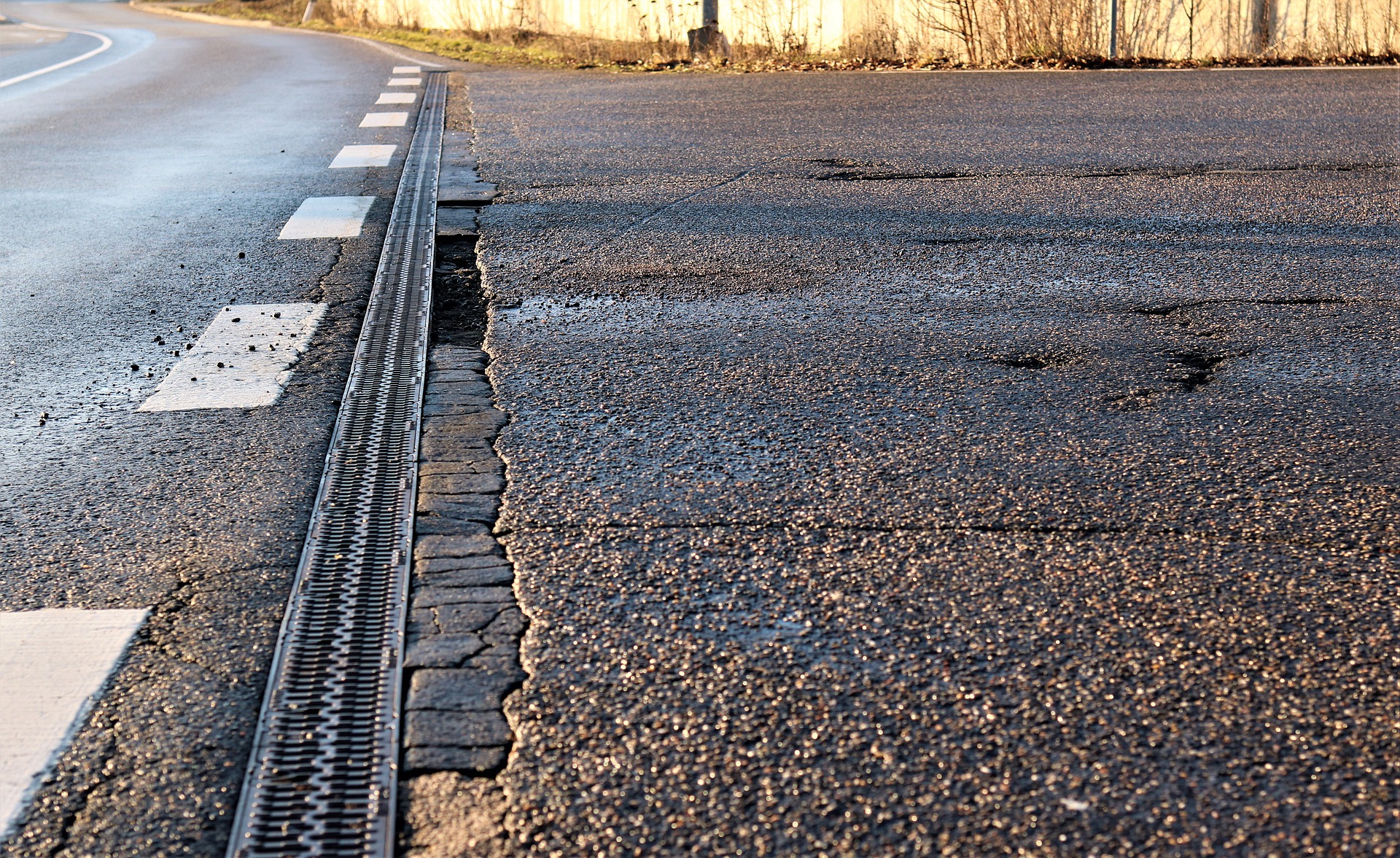Can I make a claim for a road traffic accident?
To claim for a road traffic accident, you must have been injured in an accident in the last three years, which was at least partially the fault of another party. In the case of accidents caused by road defects, the most challenging part of building a successful claim is proving that poor road conditions were responsible for your accident and that the body responsible was negligent in their duty to maintain the roads.
Who is responsible for road defects?
Roads in the UK are littered with potholes, obscured signage, poor drainage and worn or slippery surfaces. Every defect has the potential to cause a serious accident, and it is the responsibility of Local Authorities to maintain the roads in their area to a reasonable standard. If they fail in this duty, you may be able to bring a compensation claim. However, it is not always straightforward to prove that the Local Authority has not met their obligations - they cannot reasonably be expected to keep on top of every road defect.
Claiming for an injury caused by a road defect
To give your case the best chance of success, you will need to gather evidence to support your claim. You should take photos of the defect that caused your accident and gather statements from witnesses where possible. You should also contact the police at the earliest opportunity to make them aware of the accident.
A personal injury lawyer can help you understand whether you have a claim and will then help you to find out who you should bring your claim against. Your solicitor will ask you questions to find out more about what happened to you and to allow them to set out your claim clearly before sending it to the other party. Your solicitor will also advise you as to how much your claim might be worth - this will generally be dependent on the type and severity of your injury.
We know it can seem overwhelming to speak to a lawyer but getting the legal advice you need is the first step to getting the compensation you deserve.
